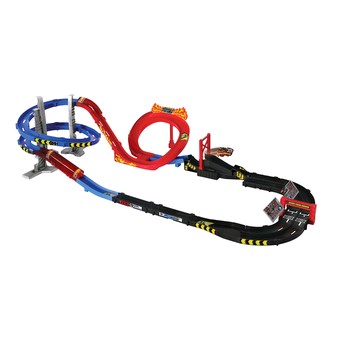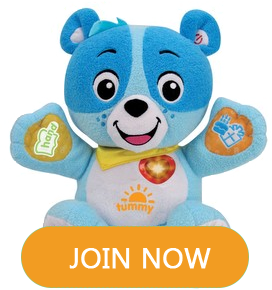Why Join VTech Club?
Joining is free, fast and full of great benefits, such as:
- Promotions and offers
- Monthly £1,000 prize draw*
- Regular competitions
- Special offers for our members
Added benefits
- Register your VTech products
- Apply to be a Product Tester
-
Shop
AgeBaby MonitorsBy BrandMore Ways To Shop
- Brands
-
Downloads
Learning LodgeLearning Lodge AppsIOS AppsAndroid AppsDigiart
-
Parents
VTech Club Sign-up
- Customer Support
Consumer ServicesAbout VTechFirmware UpdatesContact Us - Customer Support
Shop
Age
Baby Monitors
By Brand
More Ways To Shop
Brands
Downloads
Learning Lodge
Learning Lodge Apps
IOS Apps
Android Apps
Digiart
Parents
VTech Club Sign-up
Parenting
Community
Customer Support
Consumer Services
About VTech
Tutorials
Firmware Updates
Contact Us

4-10
YEARS
Turbo Force Racers- Race Track
£39.99
Temporarily unavailable to purchase online,
for more information please call 03306780149
for more information please call 03306780149
Developmental Benefits
Turbo Force Racers- Race Track

- Aiming and concentrating on a target improves hand/eye coordination.
- Humans have highly developed manual dexterity skills that distinguish them from any other species on this planet. This manual dexterity emerges during the infant’s first year and, with plenty of opportunities to manipulate and play with toys and objects, becomes a highly tuned ability. Babies will reach and grasp for objects in an uncoordinated manner from an early age. As they begin to gain control over their movements infants succeed in reaching for and grasping toys. The first attempts by babies to grasp toys in their hands involve using the palm of their hand with all their fingers around the object. As development occurs through physical maturation and plenty of opportunities to play with toys, grasping becomes more sophisticated. The use of the opposable thumb and index finger allows infants to pick up very small objects in what is termed a ‘pincer grasp’. This finely tuned motor skill emerges at the end of first year of life.
The development of hand and eye coordination skills continues throughout childhood where opportunities to play games that require children to manoeuvre objects, build tall towers or hit targets on a computer screen facilitate the development of finely-tuned hand and eye coordination.

- Imagination and exploration through interaction with characters.
- Children’s imagination is active from an early age. Imaginative play has links to what psychologists call ‘social pretend play’. Young children pretend or imagine that, for instance a wooden block is a cake and they carefully ‘cut’ it. A large proportion of pretend play tends to be social. Imaginative play begins when infants play and pretend with adults. As young children develop they begin to try to engage other children in social pretend play. Young children in nursery benefit from engaging in imaginative play. It helps them to begin to understand that other children think differently to them and have different ideas.<br /> Children can engage in imaginative play with other children where they have agreed on a story or scenario that they want to act out. Young children playing with toys use their imagination to invent scenarios and play out the consequences. They can use characters to explore scenarios and act out scripts such as going shopping or bedtime. Imaginative and social pretend play is beneficial for children as it allows them to explore different ways of viewing the world. Children who use their imagination when playing with other children are increasing their social competence and their understanding of other people. In a study where we observed children playing in a nursery we found that young children engaged in imaginative play, often using the toys in unexpected ways. Children’s imagination benefits from the opportunity to play with all types of toys.

- Games and voice prompts allow children to control the pace.
- Early play in infants tends to be solitary or takes place alongside other children. Young children learn how to interact with other children through play but they can also explore and learn independently. The initial play experience for infants is when they begin to explore through moving and acting upon the world. Many toys offer infants the opportunity to learn more about their world. Young children will sometimes act out some aspect of their lives e.g. going to the shops and then they involve their toys in these activities. These young children are playing independently but they are also reinforcing their understanding of the social world by acting out scenarios.<br /> Young children can consolidate their existing skills by repeating actions whilst playing a game. Learning to play independently has its benefits, for instance, children using an educational game can control their own pace. Children sometimes choose to work independently in order to build up their confidence. Toys and computer games that facilitate independent activity at the right level for the child enhance problem solving skills and increase hand and eye coordination. Although cooperative play increases during childhood, children still spend the equivalent amount of time in solitary or independent play.

- Encourages fine motor skill development.
- An infant’s growth and development in the first year of life is rapid. Many movements that young babies make are in preparation for the next stage of their development. When young babies watch a mobile they are constantly moving their head, arms, legs and even their mouths in response to the movement of the toy. Sound and movement attract a baby’s attention; if a toy is placed almost within reach of babies their movements become more animated. Bath toys provide opportunities to develop and use motor skills to great effect. For example, a young baby has greater control over their leg movements than their arms. You will often see young babies in a bath reaching with their legs towards a floating toy and kicking. All these movements strengthen muscles in readiness for the next stage - walking.<br /> As babies develop they become more adept at grasping objects. Young infants learn to grasp an object, for instance a cube. The grasping, at first, is quite clumsy but through repetition, and across time, infants become adept at grasping and develop fine motor skills. Infants first use the ulnar grasp where their fingers close against the palm when trying to hold an object. Within another month they are able to move the object from hand to hand. After the first year, infants adopt the ‘pincer grasp’ where they use their thumb and index finger to grasp even very tiny objects. Shape sorters help infants to fine tune their visual perception and hand coordination. Soon infants are building towers with two cubes; this also requires fine coordination skills. As the child grows computer games have been shown to help with hand and eye coordination. Spatial skills can also be enhanced when playing games that require concentration, quick responses and finely tuned motor skills.

- Develops imagination and encourages cooperation, listening and turn-taking.
- Role play is a form of social pretend play. Children benefit from social pretend play because it can help them to revisit events that may have provoked some anxiety in the past. For instance, after a visit to the doctors children often play at being doctors and nurses. Role play not only reflects but also contributes to children’s cognitive and social skills. Playing out an experience enables children to understand more about it.<br /> Research has shown that during social pretend play, young children’s interactions last longer, are more engaging and also more cooperative. Nursery school children who spend more time in socio-dramatic role playing are also perceived as more socially competent by their teachers. Role play enhances many cognitive abilities such as sustained attention, memory, language and literacy skills, and helps children to understand and manage their emotions. Role play is generally a social activity but some children can engage in solitary role play where they create imaginary companions. Games where children can create worlds and populate them with their own characters can be beneficial.
- Create your own super cool track set!
- Cool Turbo Force® Racers track set can be re-configured into 4 different combinations; 2 epic racer circuits or 2 cool stunt tracks!
- Race Track comes complete with a Turbo Force® Racer & Turbo Station wristband letting you race straight out of the box!
- Play with your friends or on your own!
- Track is 1.2 metres long.
Best for ages:
4 to 10 Years
Highlights
Re-configure this cool track set into 4 combinations; 2 epic racer circuits or 2 cool stunt tracks! Comes complete with a Turbo Force® Racer & Turbo Station wristband.
Description
Create your own super cool track set! Cool Turbo Force® Racers track set can be re-configured into 4 different combinations; 2 epic racer circuits or 2 cool stunt tracks! Play with your friends or on your own! Race Track comes complete with a Turbo Force® Racer & Turbo Station wristband letting you race straight out of the box! Turbo Force® Racer charges whilst docked in the Turbo Station, shake your wrist to charge the vehicle’s turbo fuel! Then, see your vehicle zoom off around the track and win the race! Buttons on the Turbo Station trigger fun and interactive responses which encourage imaginative play! Track is 1.2 metres long.
- Product Number: 80-517503
- 2 x AAA Batteries Required
- Customer Support
- Learning Lodge on
macOS 10.15 - FAQs
- Contact Us
- Product Safety Message
- Privacy Policy
- Cookie Statement
- Vulnerability Disclosure Policy
- Delivery Detail
- Website Terms & Conditions
- Learning Lodge Terms & Conditions
- Kid Connect and KidiConnect Terms and Conditions
- eWaste & Battery Recycling
- Product Warranty
- Returns Policy
- Modern Slavery Statement
- Right to Erasure Request Form
- Site Map
- About VTech
- Expert Panel
- Careers
- Sustainability
- Tax Strategy
- Climate Positive Workforce
- VTech Global
- VTech Canada
- VTech US
- VTech Phones

©2025 VTech Electronics, All Rights Reserved.



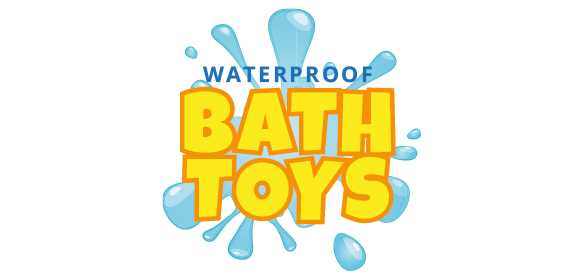
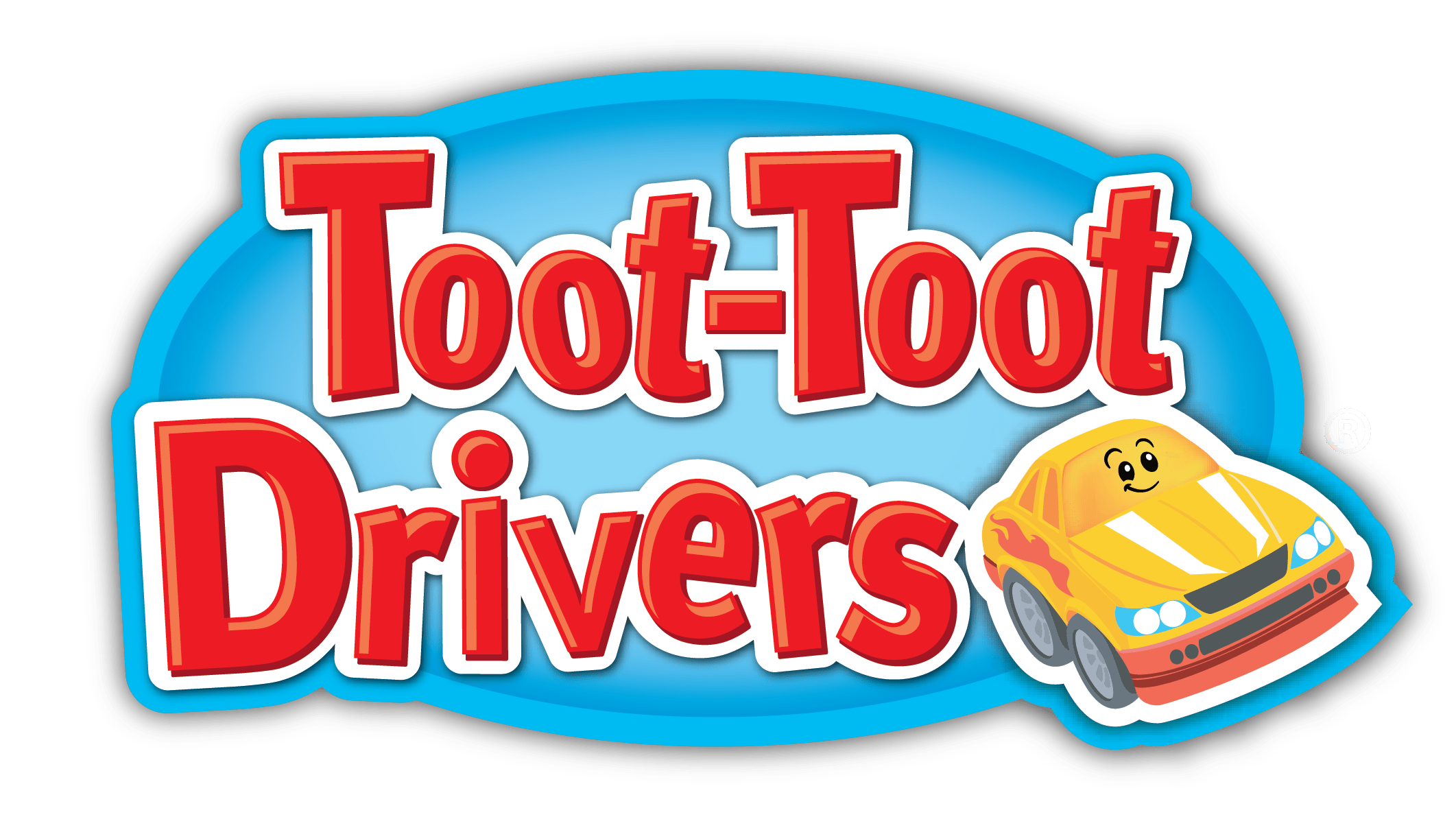



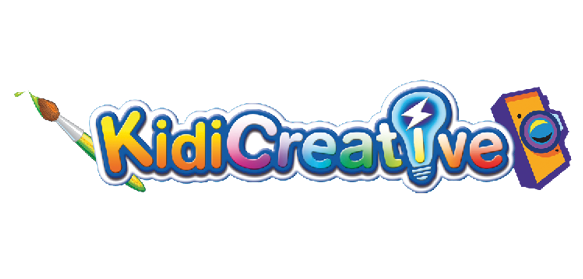

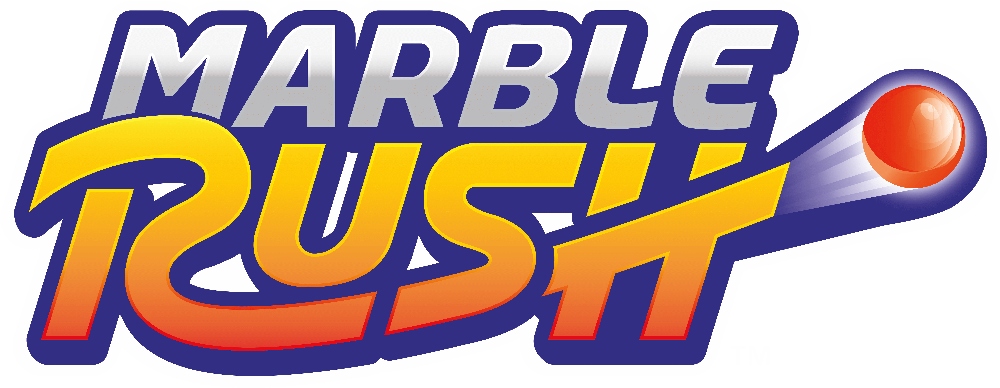
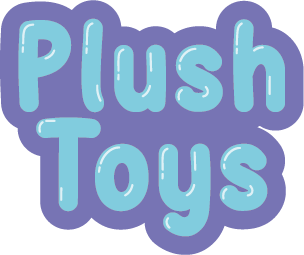

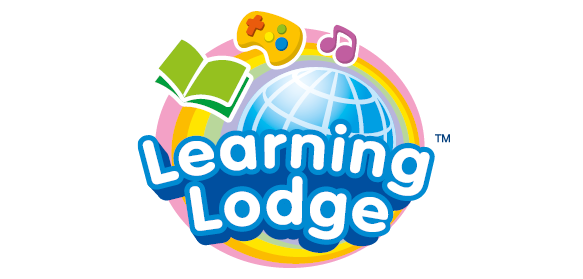 Download
Download

